Woe unto the defeated, whom history treads into the dust

Woe unto the defeated, whom history treads into the dust
Throughout history, the defeated have often been relegated to the dust, forgotten and overlooked by the victors who write the narrative. The phrase "Woe unto the defeated, whom history treads into the dust" encapsulates the harsh reality faced by those on the losing side of conflicts, battles, and struggles. Their stories are often buried beneath the weight of the dominant narrative, their voices silenced and their experiences diminished.The dust serves as a metaphor for the erasure of the defeated from the annals of history. It symbolizes the way in which their contributions, sacrifices, and suffering are swept aside and disregarded. The defeated are left to languish in obscurity, their achievements overshadowed by the triumphs of their conquerors. They become footnotes in the grand tapestry of history, their struggles reduced to mere dust in the wind.
The dust also represents the indignity and humiliation suffered by the defeated. To be trodden into the dust is to be dehumanized, devalued, and disrespected. It is to be treated as less than, as unworthy of remembrance or recognition. The defeated are forced to bear the burden of their defeat, to carry the weight of their failures and losses for eternity.
But despite the crushing weight of history, the defeated are not without agency or power. Their stories may be obscured, but they are not extinguished. They live on in the memories of those who refuse to forget, in the legacies they leave behind, and in the lessons they impart to future generations. The dust may cover them, but it cannot erase them entirely.


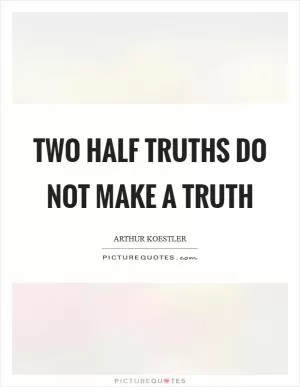
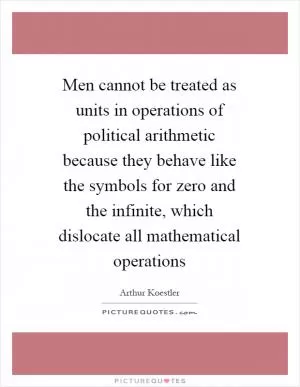


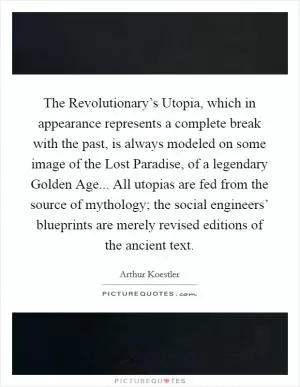


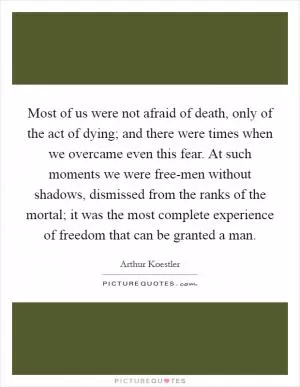

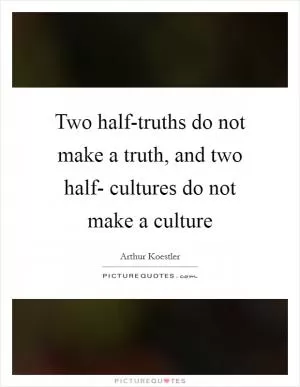
 Friendship Quotes
Friendship Quotes Love Quotes
Love Quotes Life Quotes
Life Quotes Funny Quotes
Funny Quotes Motivational Quotes
Motivational Quotes Inspirational Quotes
Inspirational Quotes